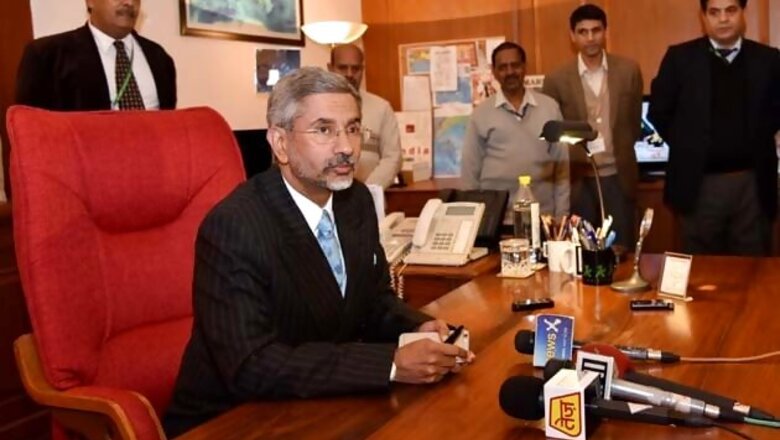
views
A lot of hue and cry is being made about the rather abrupt manner in which the previous Foreign Secretary Sujatha Singh was curtailed of her services and her junior and Ambassador to the US, S Jaishankar was appointed in her place. And that too, just a couple of days before Mr. Jaishankar was due to retire from service.
I will get to why Ambassador Jaishankar is the best man for the job, in just a moment. But first a defence of why the government was right in doing what it did. At a time when foreign policy is the lynchpin of the bureaucratic machine, the government should be given a free hand to pick who it thinks is the right person for the job. The US president gets to handpick the very best people as part of his administration.
Let's face it. Our political system, particularly campaigns and the way the media (especially TV) is used for image projection is definitely a leaf out of the Presidential playbook. The people of India voted in this government for precisely that. For quick decisions and decisive governance.
Now you can't turnaround and blame the executive for not delivering on its mandate, if it doesn't have the freedom to choose its own people to implement that vision. This blog is not a defence of the Presidential system of governance, but simply an attempt to make a case for why the government should pick the best man or woman for the most important jobs.
Now to why Ambassador Jaishankar. My first interaction with Ambassador Jaishankar was at an Indian Embassy function in Beijing. It was my first few months in what was initially a difficult place to live in. I was casually chatting with the other Indian journos when the Ambassador walked in. There are some diplomats when they walk into a room, their reputation precedes them. Not that Ambassador Jaishankar is a big-built man. He's fairly dimunitive. But he has a very professor like demeanour and way of speaking. You know within the first 30 seconds that this man is in a different league altogether.
But that's not what struck me about him. Though he was under no obligation to be nice to me, he went out of his way to ensure that my wife and I were taken care of well in Beijing. Not once, not once did he make an issue of the fact that I was working for a Chinese state-owned TV station and not for one of the Indian publications.
But my most vivid memory of him was in April of 2013. Ties between India and China were very tense in the aftermath of the Depsang incident. The Indian media was going to town about how the Chinese are betrayers and baying for the PLA's blood. And all this was happening just weeks before Premier Li Keqiang's visit to India.
The UPA government sent its emissary, External Affairs Minister Salman Khurshid to tell the Chinese that if the troops don't pull back, India will have to call off the trip. I, like most other journalists was trying to get an interview. Diplomats both in Beijing and back home in New Delhi had completely clamped up. There was no question of talking to the media, least of all to official Chinese state media.
Eventually with a lot of persuasion the Minister agreed to give me an interview. Ambassador Jaishankar had a role to play in it. But what was even more touching was he called out for me and personally apologised for the bureaucratic hurdles that had come in the way. He needn't have done it. But this was just another instance of the decency of the man.
His role as a diplomat is now part of South Block folklore. His contribution in writing the initial draft of the civil nuclear agreement, his role in freeing the Indian traders who were detained in Yiwu, him reading out the riot act to the Chinese during the tense Depsang days, and now, of course, his immense contribution in repairing damaged ties between Delhi and DC after l'affaire Khobragade.
And now as he takes the helm as India's top diplomat, somebody will be looking up from the heavens and smiling a satisfactory smile. Krishnaswamy Subrahmanyam, Ambassador Jaishankar's father, the doyen of India's strategic community.
For once, the son has outdone the father.
####
36-1-15-smi-sjaishankar-2 (2).pdf by Network18













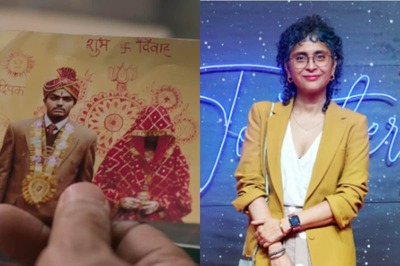
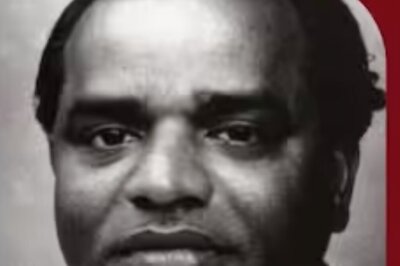

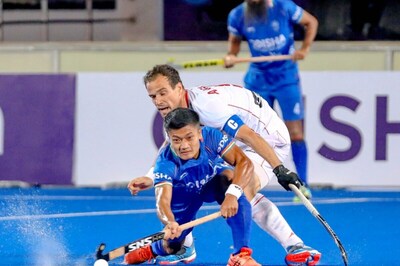

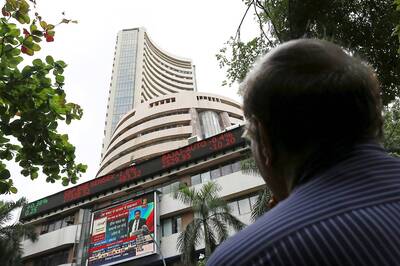
Comments
0 comment